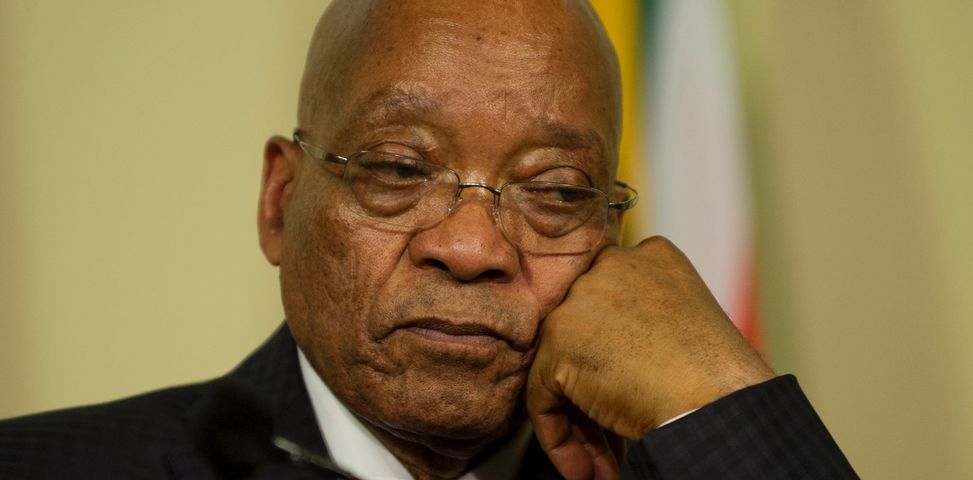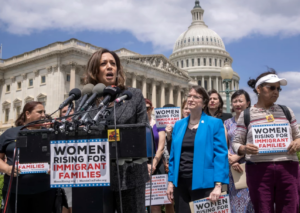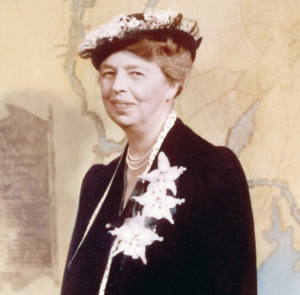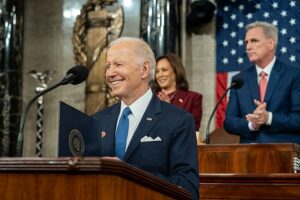Jacob Zuma avoids impeachment, but is South Africa any closer to political stability?

Picture by Deaan Vivier | Gallo Images / Foto24

On Tuesday April 5, a motion to impeach the president of South Africa, Jacob Zuma, was rejected by parliament for the second time this year. Since then, a civil movement calling for the president to step down has grown, and plans for a mass-action ‘Zuma Must Go’ campaign are currently underway. The Democratic Alliance party responsible for both ousting attempts accuses Zuma of violating the constitution—and yet has been unable to remove him from presidency.
The Democratic Alliance leader Mmusi Maimane first began to accuse Zuma of acting unconstitutionally when the South African president allowed Sudanese President Omar al-Bashir to leave the country in June 2015. This flouted a long standing International Criminal Court arrest warrant mandating that al-Bashir remain in South Africa. Zuma’s political party—the African National Congress, which is also the majority ruling party—rejected this call for impeachment, referencing the diplomatic immunity offered to all heads of state, even if they are considered mass-murderers.
Although the president survived this motion for impeachment with 217 opposing votes, Zuma’s political legacy is in tatters. Zuma continues to face intense criticism over corruption charges and economic mismanagement. These accusations existed well before calls for Zuma’s impeachment, and are the more likely sources of his unpopularity than any violation of international warrants. Unless South Africa’s economic standing improves rapidly, Zuma’s days as South African leader are numbered.
South Africa’s economy is quickly deteriorating. With its currency halved over the past five years, and having fallen almost 5% against the dollar since December 2015, South Africa is teetering at the brink of recession. Persistently weak growth, forecasted at only 0.9% for this year, and increasing deficits have credit raters threatening to classify the country’s debt as “junk”. Local investor confidence has hit a five-year low. In February 11th, during a State of the Union speech focused on economic recovery and debt management, Zuma was repeatedly hounded by members of the lawmaking community demanding his resignation because they felt he was incapable and unwilling to steer the country towards economic recovery. Many critics openly blame the corruption prevalent in the ANC, known for embezzlement and favoritism in appointing jobs, and the President for causing the economic downturn in the first place.
“He has stolen from us, he has corrupted, the economy of South Africa, he has made this country a joke, and after that, he has laughed at us,” said Julius Malema, leader of the Economic Freedom Fighters political party.
South Africa’s economic troubles are enhanced by the fact that it is one of the most unequal economies in the world, according to the World Bank. It’s dual economy status means that there are two separate economic sectors, catering exclusively to either the local market or the global export market. These sectors are divided by differences in growth, infrastructure, and technology, with businesses geared towards the international market often better funded, developed and with trained personnel, producing higher quality products.
Growth is negligible due to domestic crises and the weakening of the Chinese economy, as China is a major trading partner. South Africa stands to lose in terms of exports due to a medium-term devaluation of the yuan, making South African goods more expensive, and also in terms of tourism, as Chinese tourists’ spending power decreases and fewer vacation in the country. This is enhancing the problems of inequality and other vulnerabilities. This adds to the flame of dissatisfaction in a country with high unemployment in the country, where, in January 2016, the Democratic Alliance unveiled large billboards claiming that an additional 774 people became jobless daily under Zuma’s rule. According to the Wall Street Journal, South Africa’s unemployment hit a 10-year record high when it reached 26.4% in May 2015.
What’s clear is that Zuma is no longer as bold as he once was. While Zuma’s grip on the parliament is still strong—this is why he could survive two ousting attempts—members from his own party are voicing concern over his ability to deal with the mounting opposition. Add to that a scandal with the widely-respected finance minister—who he fired at whim, and then re-hired two days later—and the myriad other court cases and controversies surrounding the President, it is clear that his power is not as absolute as once believed.
But South Africa is a democracy, and its people can rely on their vote—rather than flimsy calls for impeachment—to do away with Zuma. With municipal government elections scheduled from May to August this year, the ANC has to show an effort to right previous wrongs, and this is where the South African public and global onlookers may see a slow change coming into play. The Democratic Alliance, the main opposition party, has announced a take-over plan for the elections, hoping to win a majority vote in the country, and oust the ANC.
If the public is able to express their discontent in the voting, and push the ANC out of power, South Africa may slowly work towards holding both the party and Jacob Zuma accountable for its political and economic misdemeanors. Will this bring immediate political stability? Probably not. There is sure to be rioting and pushback from the ANC, and this may lower investor confidence even further. Ousting Jacob Zuma may be good for South Africa in the long run, but there is no knowing how future leaders will re-energize the economy, and gain public support.








